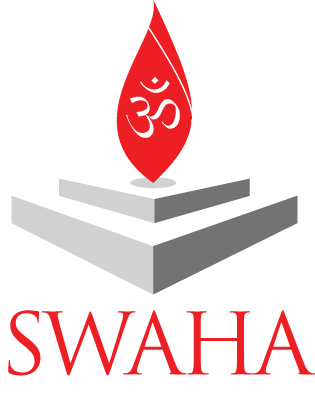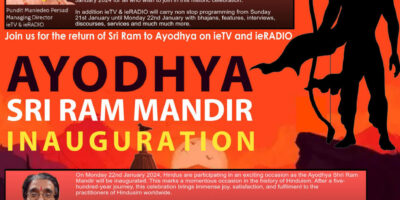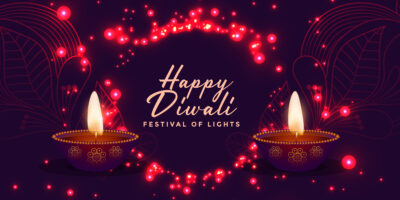This year marks 169 years of the East Indian presence in Trinidad. The Indian community has indeed made significant strides since making their inaugural trip in 1845, a journey that required immense fortitude and willpower. As a people, we have since demonstrated our endurance and resolution by carving a niche for ourselves in this very small, but very progressive island-country. We can boast that we have the first female East Indian Prime Minister in the country’s history. Saying that we have come a long way is certainly an understatement.
Our ancestors have toiled and laboured to leave their ‘chinha’ or mark for their descendants, the East Indian population in Trinidad and Tobago: East Indian dress, language and food are now integrated into the local landscape; major strides have been made in the recognition of various styles of Indian music. Furthermore, there has been a resurgence of the pure classical art form with the presence of the Mahatma Gandhi Institute and the inclusion of Indian classical music in the curriculum at the University of Trinidad and Tobago.
We have definitely come a very long way from our days of indentured labour. The new generation does not face the challenge of highlighting the contributions of the Indian community; these are well known and documented. Our struggle is distinct and has assumed a different nature. We are now faced with asserting, reviving and upholding the very philosophies and ideals that our ancestors brought with them. Trinidad society has undergone a widespread degeneration in the most basic and fundamental values of humankind. Respect for each other seems to be an antiquated tradition. Furthermore, one of the core ideals by which our ancestors stood is being rapidly eroded, that is, the place and position of women.
Hinduism is one of the only religions that portray the concept of God as being both male and female. The theological basis of ‘Ardhanaarishwar’ not only encompasses equality of the sexes (a concept that is current but has been integrated into Hindu ideology since the beginning) but also the idea that the woman is central to maintaining balance in the family, community, state, universe and life itself. As such, mothers, daughters, sisters and wives are all extremely pivotal to upholding life’s equilibrium. In Hindu tradition, the mother of the home is seen as its Lakshmi, its light, without whom the home cannot be complete, like an ocean without its waves. The women are custodians of life and, by extension, dharma. When women are happy, all are happy. One’s mother/ wife/ sister/ daughter should be treated with high esteem and respect, for without them, nothing will happen. In addition, in the Hindu concept of God being energy, whilst man is represented as potential energy, the female aspect is the personification of kinetic energy, the very source of the changes in the universe.
As Mother’s Day is celebrated two weeks before Indian Arrival Day, this axiomatic ideology should be revisited. Have we abandoned the philosophies that our forefathers have cherished? Do we still treat the women in our society like embodiments of goddesses? In a world where abuse of women is still too common, much is left to be desired. Our women also need to recognise their esteemed status and act accordingly. They hold the power to change men, children, families and by extension, the world.
On Indian Arrival Day 2014, let us revisit our ideologies that have stood the test of time. Amidst the pomp and fanfare, we must reflect as a people and determine where we are heading. It is only then can we truly say with pride that ‘we have arrived’.


